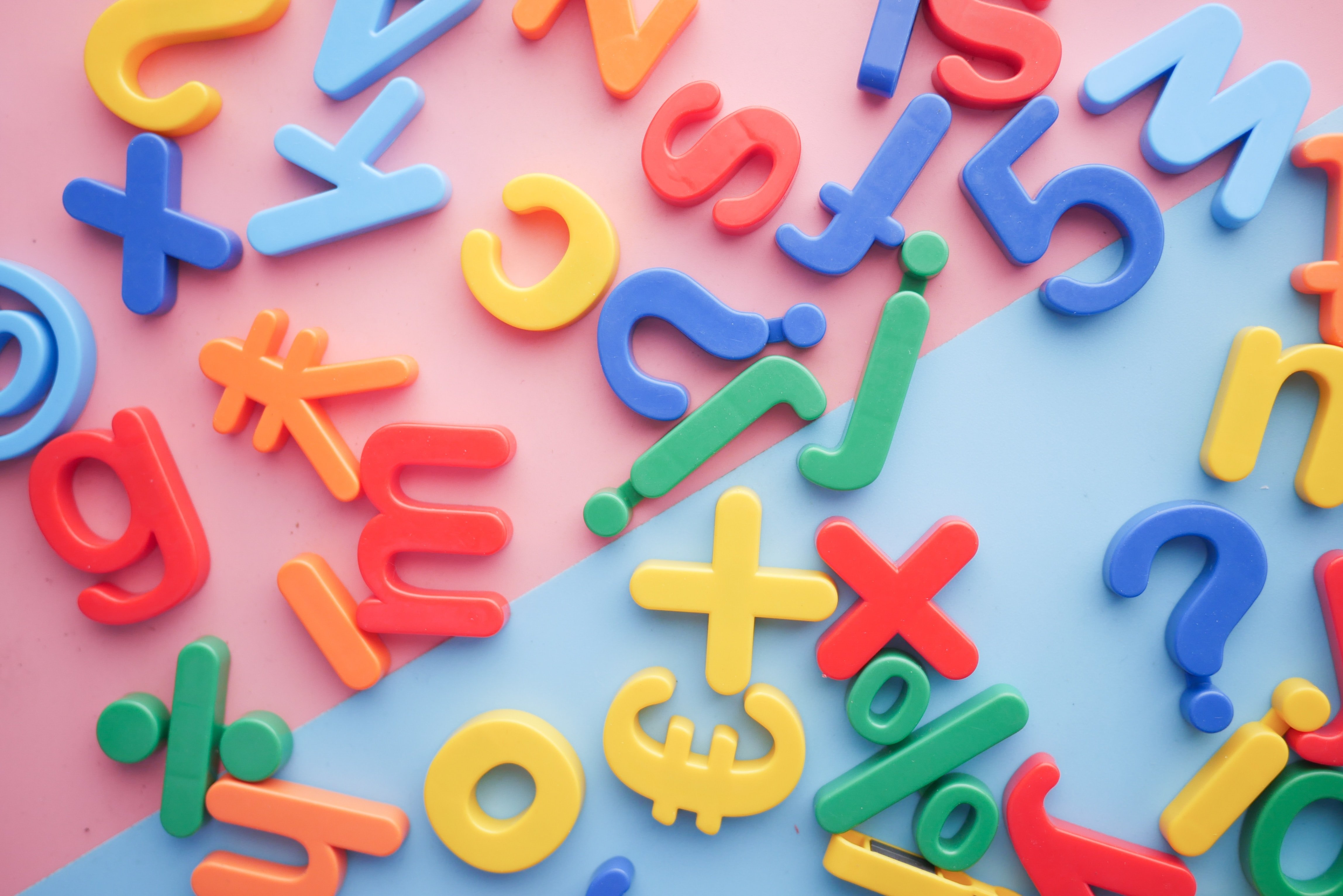Which language has the most words? Here’s the surprising answer!
Medical Pharmaceutical Translations • Jul 3, 2023 12:00:00 AM

Whether you’re a translator, interpreter, or someone who just loves languages, you may have found yourself wondering which language has the most words.
Those in pursuit of an answer to this question usually turn to dictionaries. After all, if unabridged dictionaries aim to collect all of the words in a language, you could see how many entries an unabridged dictionary in each language contains to get your answer - or at least a reasonable estimate (after all, new words are being invented all the time, and some highly specific jargon, as well as slang, may not be included, either).
But believe it or not, this totally logical way to find an answer has its flaws. In a Rosetta Stone blog entry on the topic, journalist Gabe Stone points out that, for one thing, it depends on which dictionaries you use. Some might be open source, allowing anyone to add vocabulary, while others rely on a board of contributors and a good amount of debate and analysis before a word can be included.
Another issue is the way each dictionary might list words with multiple definitions. Many words don’t just have a single meaning. So, should each meaning count as a separate word?
There’s also the question of conjugated verb forms. Should each verb form be counted as a separate word, or do we only count the infinitive?
Linguist Kieran McGovern reminds us of another hitch: Languages use different writing systems. Some, for instance, use an alphabet, while others use images and symbols. This means it may not be easy to count words in the same way.
On another note, what about agglutinative languages. which build on root words to form a possibly infinite number of new words?
When you consider all of this, it may mean that it’s impossible to know which language has the most words. But we can still make a few general estimates; after all, some languages do have more words than others, no matter how we count or qualify them.
Unsurprisingly, results tend to vary when it comes to looking for the language with the most words. But with a few exceptions, the general consensus seems to be that English has the most - usually estimated at around 470,000 to a whopping 1 million, depending on who’s counting. With about 1.5 billion native and non-native speakers around the world, English also has global and regional variants that include different and new vocabulary. And of course, as with any living language, there are also slang and new terms that may not appear in any dictionary, at least not just yet.
Other languages that are generally considered to have a high word count include Korean, Arabic, German, Finnish, Tamil, Portuguese, Russian, Hindi, and Mandarin, although some of these won’t appear on every list of languages with the most words, and others, like Japanese, will sometimes replace one of them.
But some would argue that many of these languages, including English, shouldn’t count. You could say that agglutinative languages like Finnish reign supreme, since these languages allow speakers to constantly create new words, essentially making their word count infinite….
If all this uncertainty troubles you, consider this: Is it important to know how many words a language has?
In most cases, probably not. Most experts say that a majority of native speakers of a language don’t use all of the words that exist in the dictionary, and even when it comes to learning and mastering a language, a lot of other elements factor in, including grammar, pronunciation, and cultural knowledge.
But if nothing else, the confusing results of trying to find the language with the most words reveals how complex and varied languages are. While that may be frustrating, it’s also pretty wonderful.
Contact Our Writer – Alysa Salzberg
